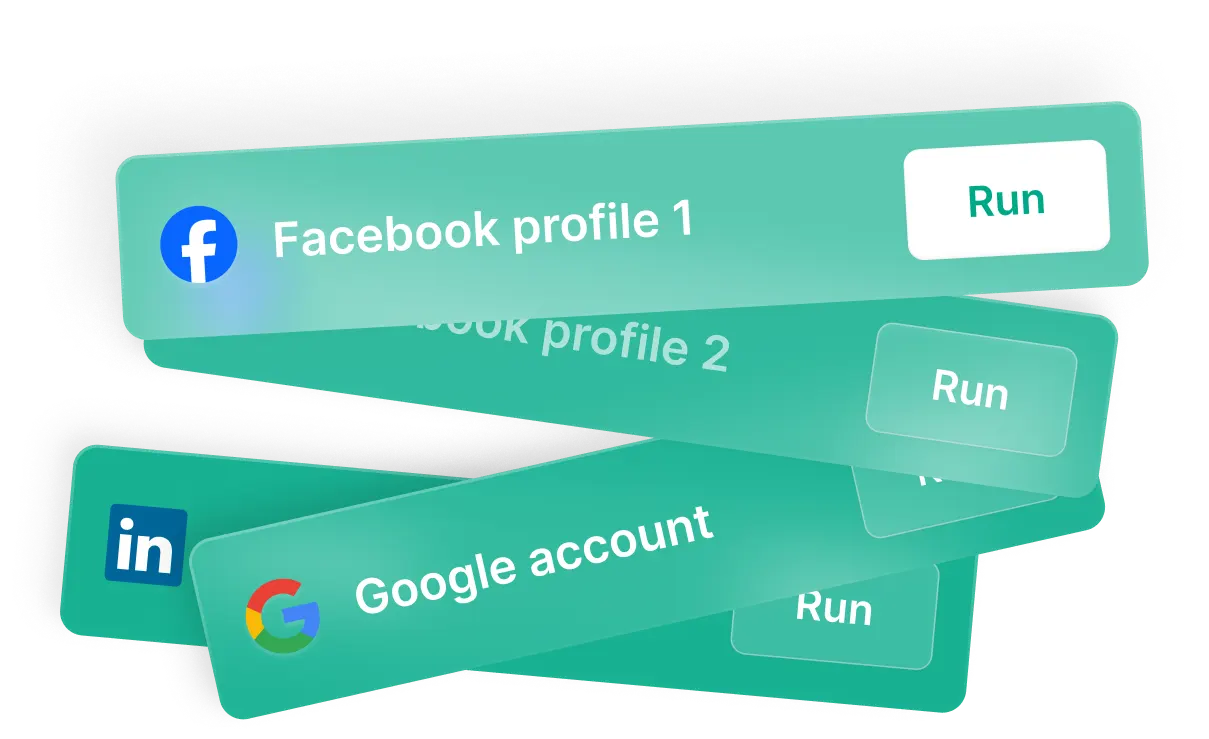Residential proxies are intermediary servers assigned with IP addresses from residential internet users, meaning the IP addresses come from actual physical locations rather than data centers. These proxies route internet traffic through these residential IP addresses, making it appear as if the requests are coming from real users in specific geographic locations.
Key Features and Benefits:
- Authenticity: Websites are less likely to flag or block IP addresses from actual residential locations compared to data center proxies.
- Geolocation Targeting: Users can choose specific geographic locations, making it appear as if they are browsing from a particular city or country. This feature is useful for tasks like testing localized content or bypassing geo-restrictions.
- Anonymity: Residential proxies offer a higher level of anonymity because they blend in with regular internet traffic, making it harder for websites to detect the use of a proxy.
- Use Cases: Common applications include web scraping, ad verification, accessing geo-blocked content, social media management, and market research.
- Reliability: These proxies often provide better reliability and performance for tasks requiring consistent access to websites and services that employ strict anti-bot measures.
In conclusion, residential proxies channel internet traffic through authentic residential IP addresses, offering improved anonymity, geolocation flexibility, and reliability for diverse online tasks.
Common Uses of Residential Proxies:
1. Web Scraping:
– Collect data from websites without being blocked by mimicking regular user behavior.
– Bypass IP rate limits and geo-restrictions.
2. Accessing Geo-Restricted Content:
– Access websites and services available only in specific countries or regions.
– Useful for streaming services, online shopping, and accessing local information.
3. Ad Verification:
– Check how ads display in different locations and ensure they are not manipulated.
– Validate ad campaigns and avoid ad fraud.
4. Market Research:
– Gather competitive intelligence and monitor market trends globally.
– Access localized content and offers to better understand regional markets.
5. Social Media Management:
– Businesses can manage multiple social media accounts more effectively by using residential proxies. Additionally, these proxies help avoid flagging or bans, ensuring smooth operation across different platforms.
– Ensure social media activities appear to come from real users in different locations.
6. E-commerce:
– Monitor prices, product availability, and competitor activities across different regions.
– Assist in dynamic pricing strategies and stock management.
Residential proxies are essential tools for tasks requiring high anonymity, reliability, and access to geographically restricted content. Businesses widely use residential proxies in web scraping, ad verification, and market research. Moreover, these proxies offer a critical edge in digital operations by ensuring secure and efficient data handling.
